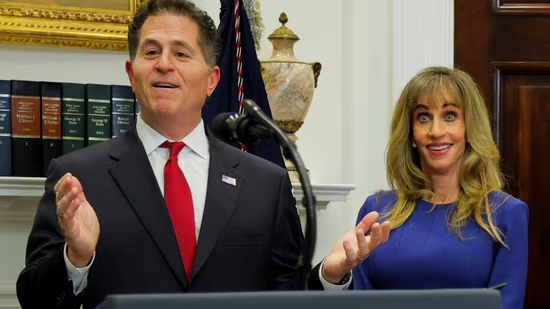Trump proposes deep budget cuts to Congress
- Alexangel Ventura

- May 2, 2025
- 2 min read
President Trump sent a stern letter to Congress requesting a massive budget overhaul.

Trump's budget plans include a $1.7 trillion total fiscal cost in a variety of expenses that were redistributed according to how the president feels is sufficient for each respective bill. The president's main goal with this new budget is to both get it passed in the House of Representatives, and to ultimately weaken the size and scope of the federal government, fulfilling the same conservative agenda which he campaigned successfully on in the 2024 presidential election.
The president will initiate a series of cuts on federal expenditures. The most unpopular of these spending cuts is the cut on science and innovation; the president, in his efforts to advance research into artificial intelligence and quantum research, reallocated funds away from other science research in order to fund those programs. This has attracted the attention of the nation's researchers, many of whom work in the same universities and colleges that he is trying to strip funding from; these experts have criticized the president, and warned that the nation will fall behind in the race to innovate to our competitors like China or Japan.
Trump also sought to cut funding from education. Not only will the president remove the tax-exempt status of many universities like Harvard, but he will also cripple the Department of Education to the point that it will only serve a minor role in educational affairs; rather, its sole purpose would be to help poorer states to catch up, which it would be performing less effectively due to the spending cuts. This could lead to educational inequality by region, as wealthier regions with more tax income could produce better educational systems than rural/poorer areas could ever muster.
The new budget letter to Congress, in addition, included dismantling the National Endowment of the Arts, abolishing supportive housing for the nation's homeless in the inner cities, cutting even more foreign aid, some health programs, and measures against climate change.
Politicians and everyday citizens alike expressed their resentment of this policy. Governor Kathy Hochul of New York believed that this would increase the burden of everyday citizens; the poor or unemployed have raised concerns that the same programs that have kept them somewhat financially stable would disappear in the matter of the waving of a wand.









